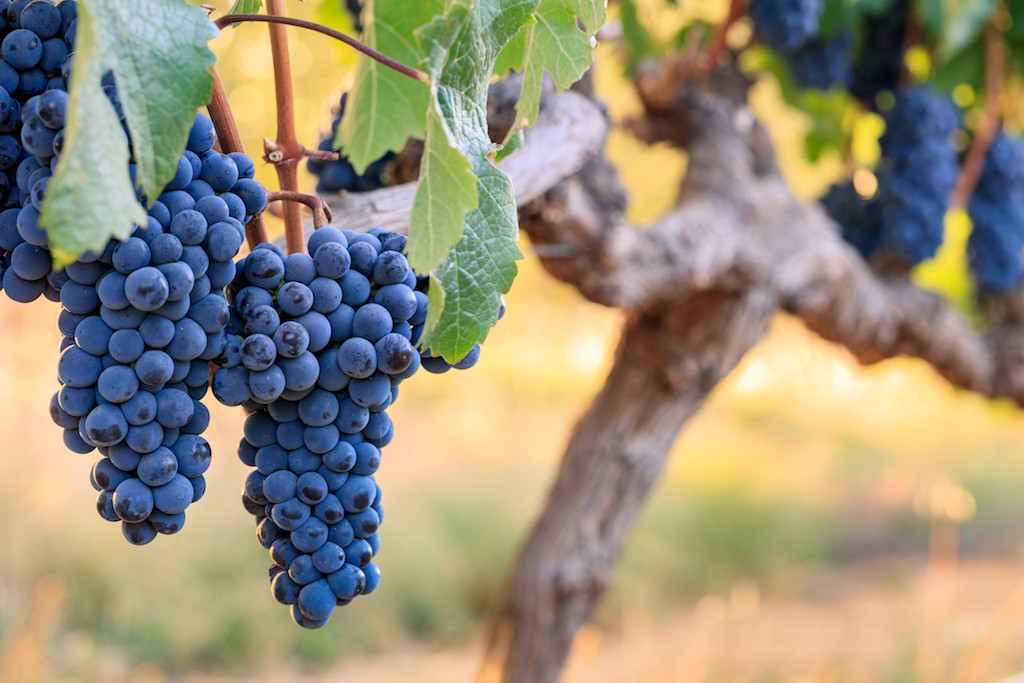Popular Reads
Top Results
Can't find what you're looking for?
View all search resultsPopular Reads
Top Results
Can't find what you're looking for?
View all search resultsAustralian table grape exports to China delayed at customs
Speaking to the Australian Broadcasting Corp., Tehan said Australia is trying to ascertain the cause of the delays with the government liaising with local industry groups as well as Chinese officials.
Change text size
Gift Premium Articles
to Anyone
R
oughly 20 percent of Australian table grape exports to China have been delayed in clearing customs at their destination ports, Australian trade minister Dan Tehan said Thursday, in what could be a sign of further breakdowns in relations between Canberra and Beijing.
Speaking to the Australian Broadcasting Corp., Tehan said Australia is trying to ascertain the cause of the delays with the government liaising with local industry groups as well as Chinese officials.
"About 80 percent of table grape exports seem to have got in seamlessly," Tehan said. "It seems to be the last 20 percent where there are some issues."
Jeff Scott, CEO of Australian Table Grape Association, said there has been no official directive from the Chinese government regarding table grape imports. However, Australian products arriving in China have recently been subjected to extensive customs inspections that are taking much longer than usual, he said.
"Instead of clearing 10-15 containers a day, they're only doing two or three," he told Kyodo News in a phone interview.
Scott said delays, which began roughly six weeks ago, are now up to 20 days, with some delayed shipments not kept in refrigerated conditions, leading Chinese buyers to pay less for the imported product.
Scott estimates the delays are causing farmers to lose up to AU$40,000 ($31,000) per container per week.
China is Australia's largest market for table grape exports, buying over 40 percent of total exports, or almost 63,000 tons of the product, last year. By comparison, Indonesia and Japan, Australia's second and third largest export markets, respectively, buy less than 10 percent of total exports.
Scott said China has paid a premium for Australian grapes, meaning of the roughly AU$643 million in total Australian table grape exports last year, AU$300 million was bought by China.
The delayed customs clearance could lead to another set of import restrictions imposed by China. In recent months, Australian exports including wine, lobster and barley to China have been hit by trade tariffs and customs delays.
Australia-China relations have been progressively worsening, particularly after Australian Prime Minister Scott Morrison called for an independent inquiry into the origins of the coronavirus pandemic last year.
Canberra's recent tearing up of two "Belt and Road Initiative" agreements between Beijing and the Australian state of Victoria also accelerated the deterioration of the bilateral ties.
However, despite the diplomatic tensions, Tehan said Australia did not want to "jump to any conclusions" regarding the latest delays.










